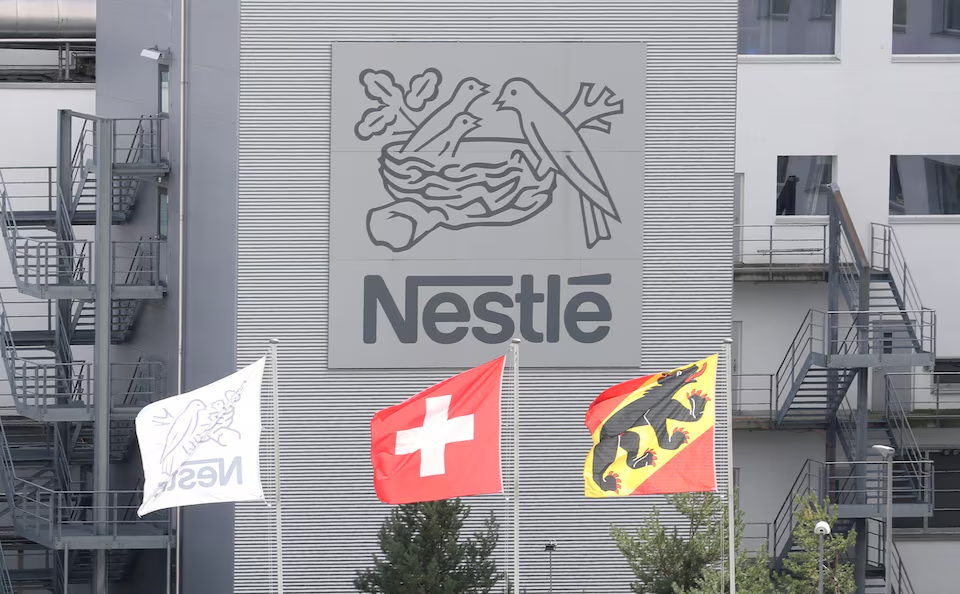In the area of grains, we have successfully developed local farmers and processors … this has been achieved through (a lot of) training in good agricultural practices, harvesting, warehousing and cleaning practices.
“We are now taking this next step to introduce these farmers to regenerative agriculture as part of our sustainability journey and commitment.”
Regenerative agriculture generally involves protecting and restoring soil health, which in turn helps capture more carbon from the atmosphere to reduce greenhouse gas emissions.
Nestle said it has in some cases given suppliers letters of intent, provided technical know-how, engaged with local authorities to set standards, and provided financial support through advance payments to resolve working capital challenges.
Last month, Nestle rival Unilever (ULVR.L), told Reuters that managing foreign exchange costs is largely what is driving its own shift to African suppliers from Asia, even though sourcing from the continent can cost more than buying from parts of Asia.
Nestle did not comment on whether its position in Nigeria would help insulate it from foreign exchange volatility, neither did it give an indication of the economic impact of the local sourcing.
Nestle’s sales from the Middle East and Africa grew about 6% to 5.25 billion Swiss francs ($5.9 billion) last year, accounting for about 6% of group annual sales of 94.4 billion francs.



